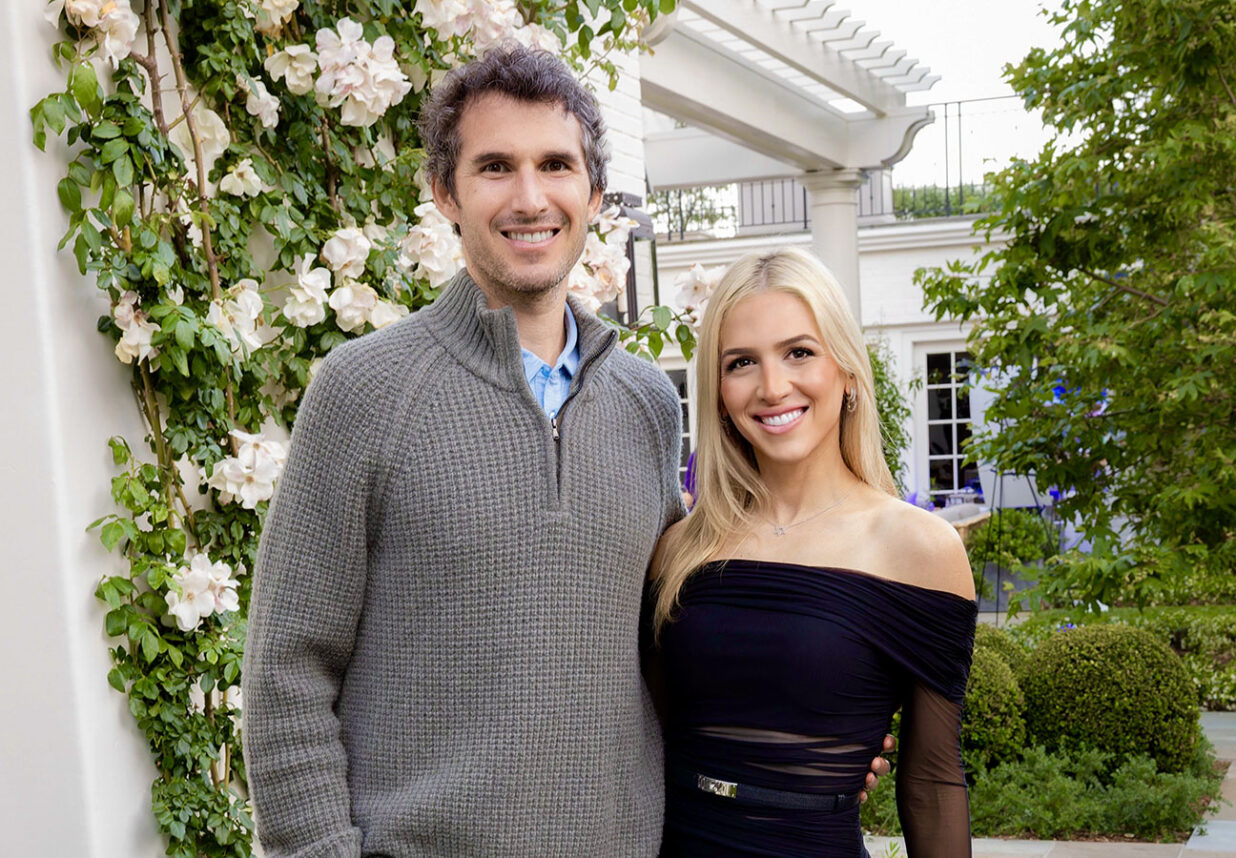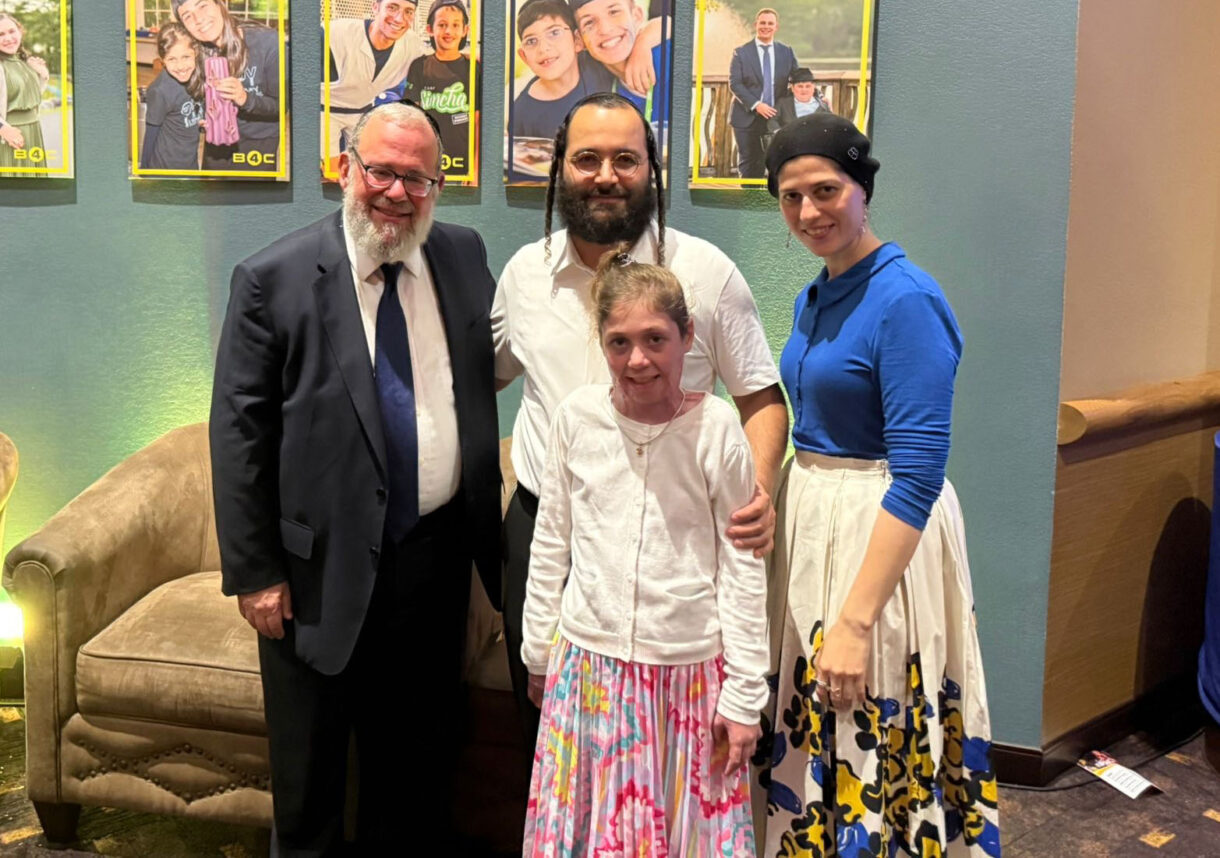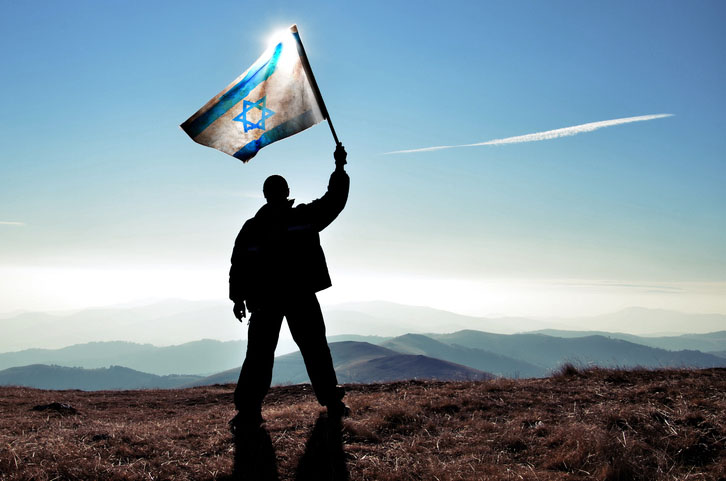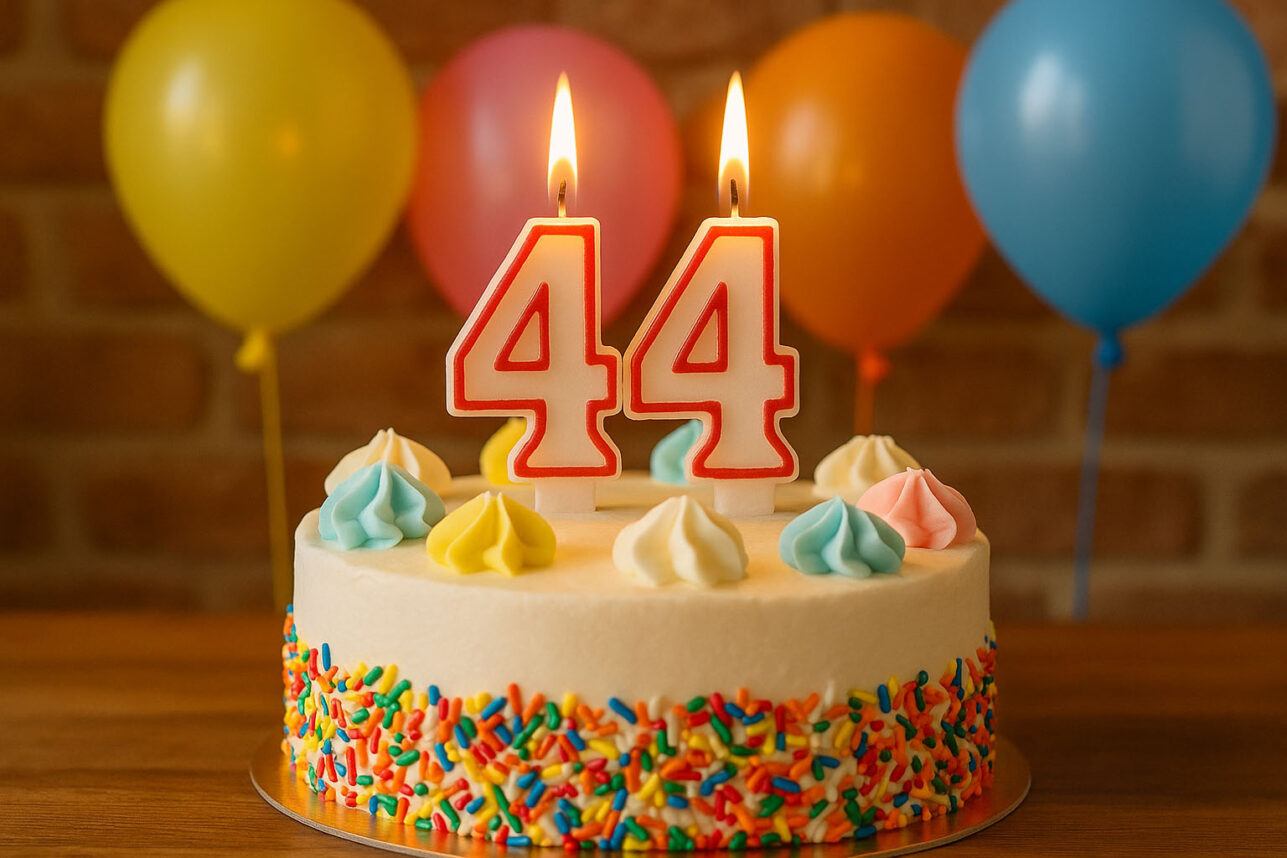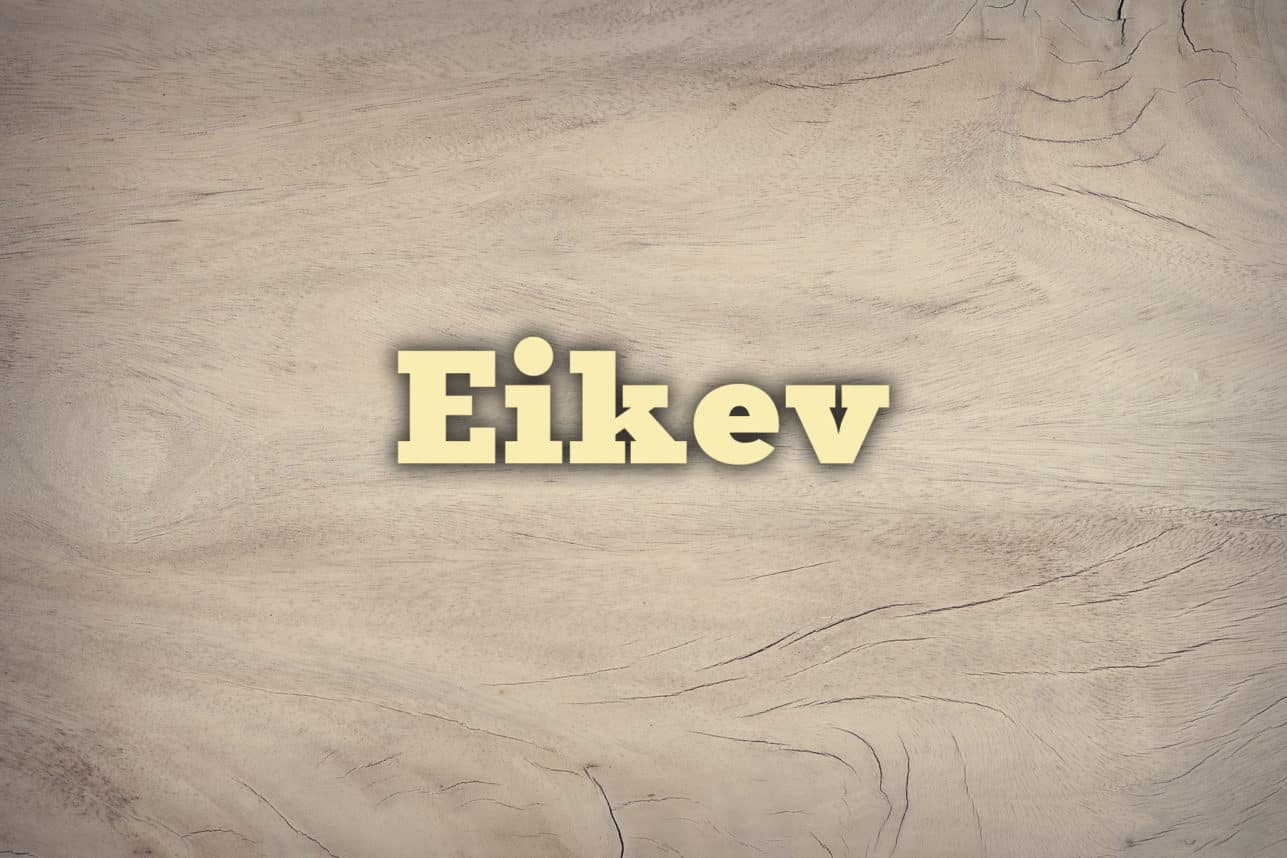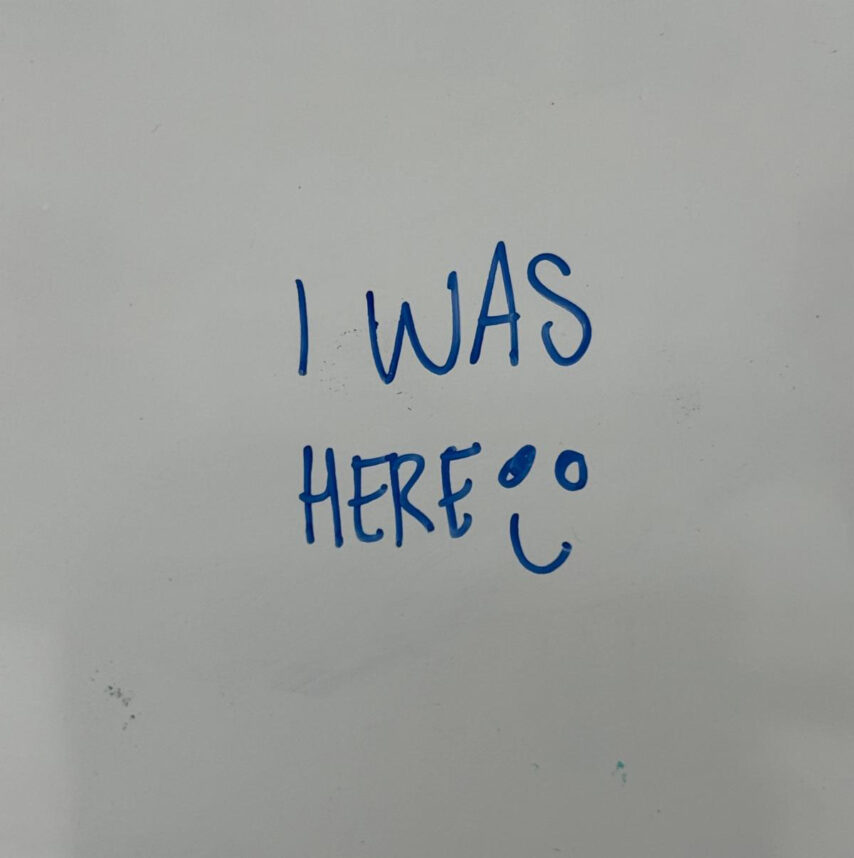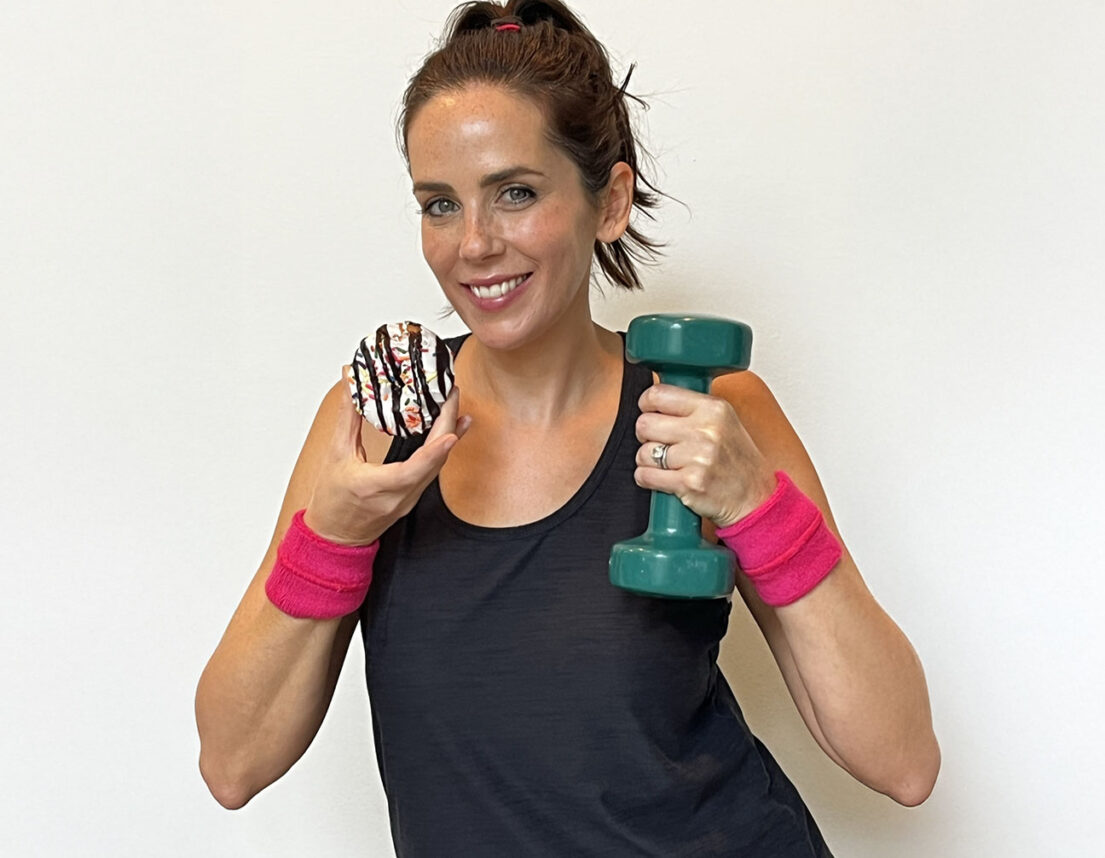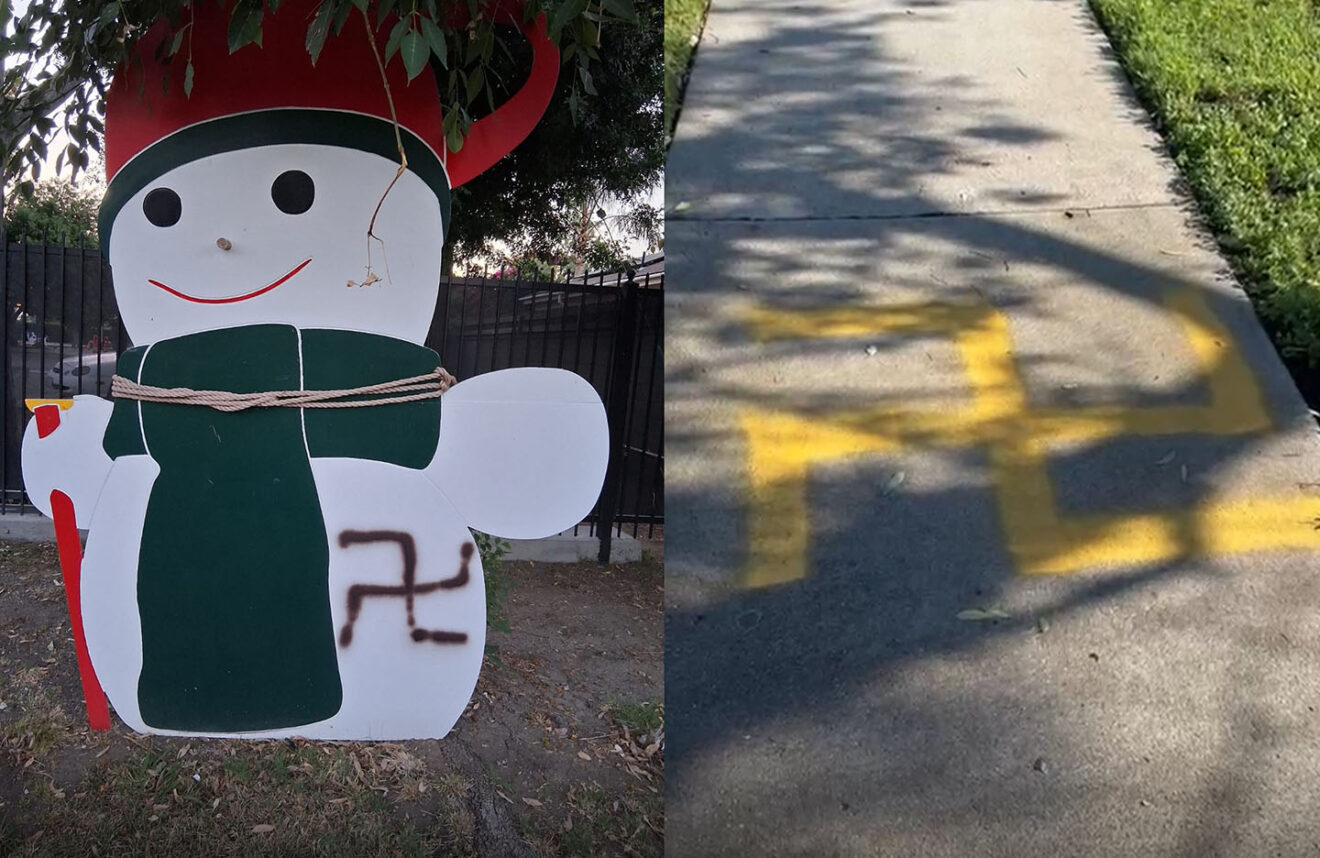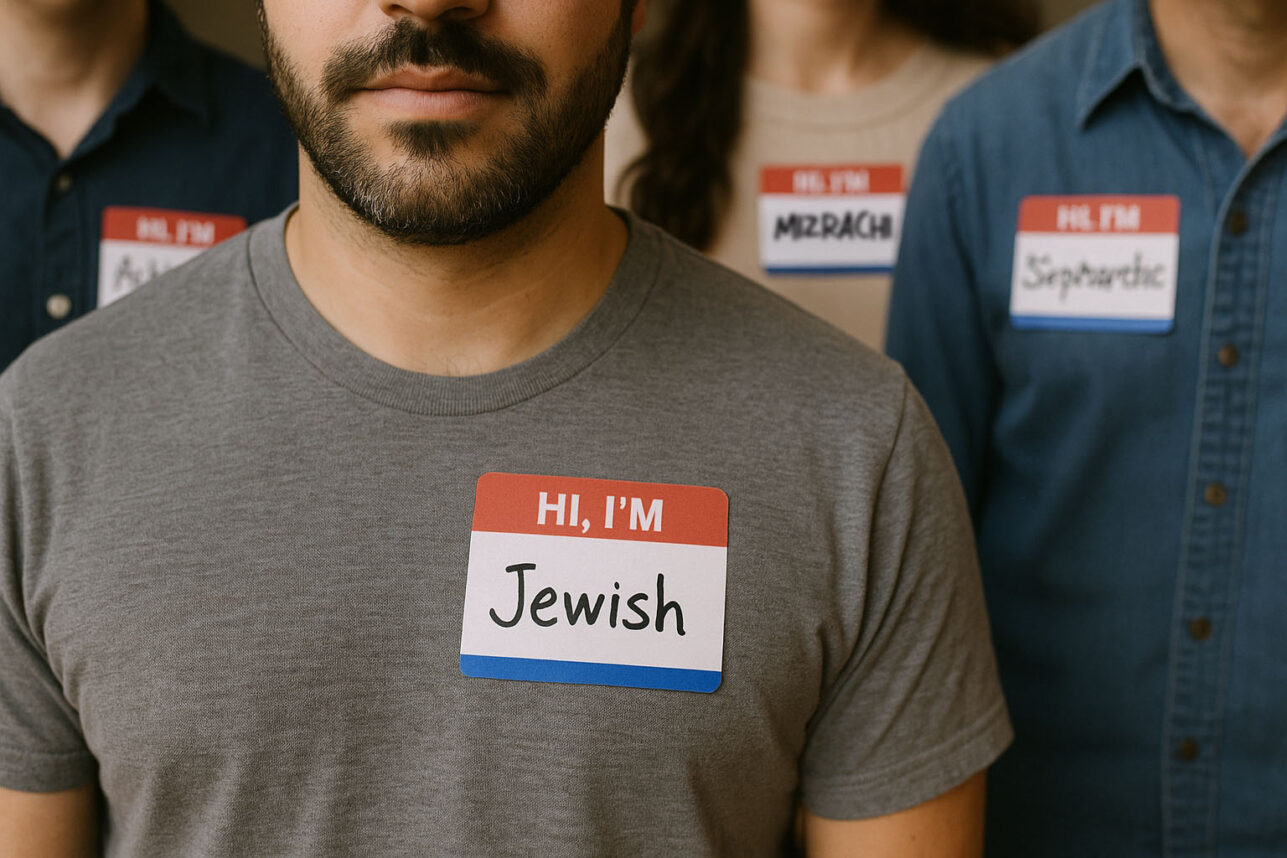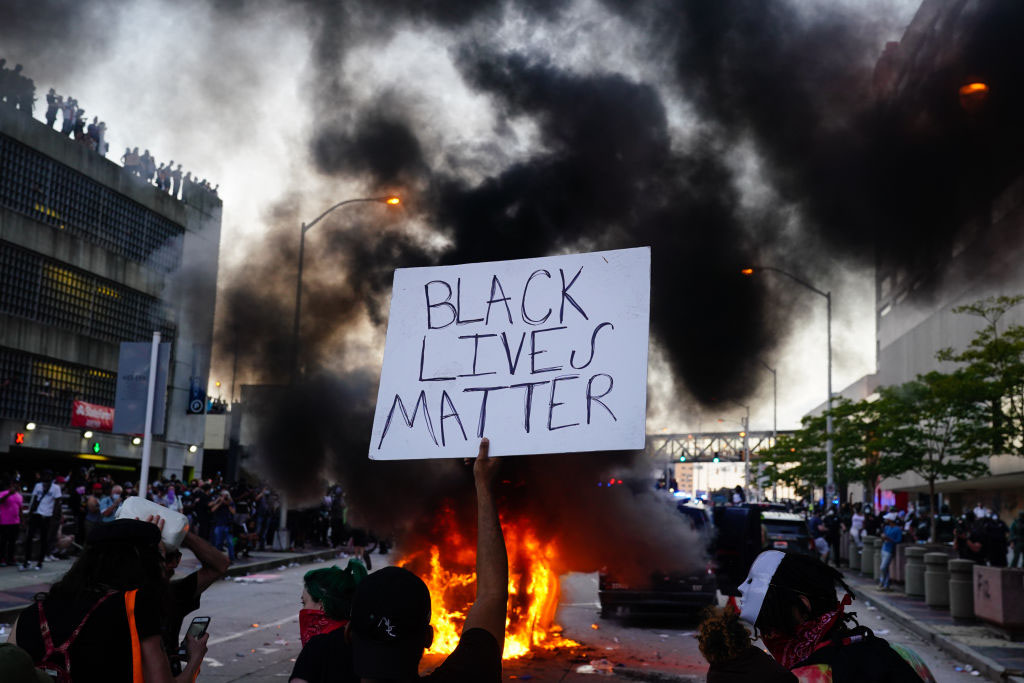
Jewish summer camp is intended to be a space of Jewish and personal exploration. Many of today’s Jewish adults fell in love or had their hearts broken at camp. But as awareness of sexual harassment and consent increases, parents and educators are faced with the challenge of how to create safe spaces for children, especially at summer camp, where campers assert their independence and the counselors who act as their role models are often teenagers themselves.
Moving Traditions, which has specialized in teen programming since its founding in 2005, is meeting this challenge head-on through its CultureShift camp initiative and a new SRE (Safety Respect Equity) Coalition grant to create training videos for camp staff.
While Moving Traditions had already been working with camps since 2015 on issues around harassment and consent, “#MeToo really raised the alarm for the Jewish community and the wider world that we can’t ignore them anymore,” said
Moving Traditions founder and CEO Deborah Meyer.
“What makes camp so special and unique is our intentionality, from the songs we sing, the activities we provide, to how we speak to one another,” said Dr. Aviva Levine Jacobs, director of camper care at Camp Ramah in California and a Moving Traditions camp advisory board member. “CultureShift addresses that intentionality around sensitive topics that touch all of our lives.”
“Starting with smaller conversations among staff members at several camps, [we] realized it could go very deep very quickly,” said Rabbi Daniel Brenner, Moving Traditions’ director of education. “The lightbulb was, ‘Wow, this has direct and immediate application in the camp environment, even more than in the regular year.’ ”
In April, 15 leaders from nine camps participated in a two-day “train the trainer” institute. The online CultureShift tool kit includes a 75-page handbook for different camp audiences and includes research, role-playing exercises and resources for when mental health or medical staff need to be involved. These tools will be evaluated and revised in the fall and another training session is planned for January 2020.
While Moving Traditions had already been working with camps since 2015 on issues around harassment and consent, “#MeToo really raised the alarm for the Jewish community and the wider world that we can’t ignore them anymore.”
— Deborah Meyer
“Moving Traditions works to foster self-discovery, challenge sexism and create long-lasting connections to Judaism, helping teens develop an ethical framework, how to form positive relationships, build meaningful community,” Meyer said. “Sex, sexuality and respect are essential elements to creating a moral and meaningful life, so we have felt really called to help teens look at issues that are central to their joys and challenges, drawing on their own values and addressing the things they care about most.”
Local CultureShift supporter Brian Shirken said, “As parents, [my wife and I] have seen how important it is for our kids to engage in mutually respectful relationships and to understand the nuances of this issue in today’s society. CultureShift will definitely increase the awareness and activism of all kids and parents around this issue and enable them to engage in an informed manner and behave in an appropriate manner.”
“For so many camp counselors, this is their first job. [We need to] educate them about what’s appropriate in the workplace,” Meyer said. “Parents want to hear that this conversation [about consent] is happening even if it’s not clear what the policy or guidelines should be. Many parents and directors want to hear that their staff isn’t turning up the volume on peer pressure and objectification. Eighteen- and 19-year-olds are modeling behavior through humor, teasing and practical jokes as much as through speeches on how to behave. How are the counselors modeling behavior and understanding that part of their job is turning down the sexual pressure? That’s really key.”
Brenner noted that consent conversation is a particular challenge with boys, who “thought they were being told what to say or being patronized. We started thinking about alternative ways to talk about consent with teen boys. Teens need to hear a counter-message in an environment they feel is safe for men to be in and speak in.”
The collaboration between Camp Ramah in California and Moving Traditions began in 2016-2017 as “a shared conversation around best practices regarding working with teens around issues of gender, modesty and sexuality,” Jacobs said.
In the summer of 2017, Brenner modeled the implementation of a mapping exercise around gender norms, stereotypes and assumptions for the Ramah staff. Ramah adapted the guidelines related to sex and sexuality at camp and held training for staff members working with teens.
Even before working with Moving Traditions, Jacobs said Ramah convened a “split gender circle” during staff week, inviting veteran staff members to share stories around the topics of “creating a healthy culture at camp around body image, language, inclusion, sexual intimacy and more.”
The National Ramah Commission also partnered with Sacred Spaces, an organization that works to prevent institutional abuse in Jewish communities, to offer more clear and explicit guidelines to safeguard against sexual harassment or abuse in the workplace, Jacobs said.
Brenner said that Orthodox camps also were represented in every city with CultureShift training. “It’s not safe to assume that gender-segregated camps are not experiencing sexism and sexual harassment. There is the same number of stories of throwing out staff for inappropriate behavior.”
“We hope that by utilizing the resources that CultureShift provides, we are shifting culture at camp to align most closely with our core values of creating a makom (place) where staff and campers alike feel first and foremost safe, comfortable and in an environment less mired with sexual pressure, rigid gender norms and body shaming than the outside world,” Jacobs said.
“This is a long process, not an overnight change,” Meyer said.
Added Brenner, “We’re starting where we see the greatest need and impact: These excellent summer camps that are open to how to do this better.”









